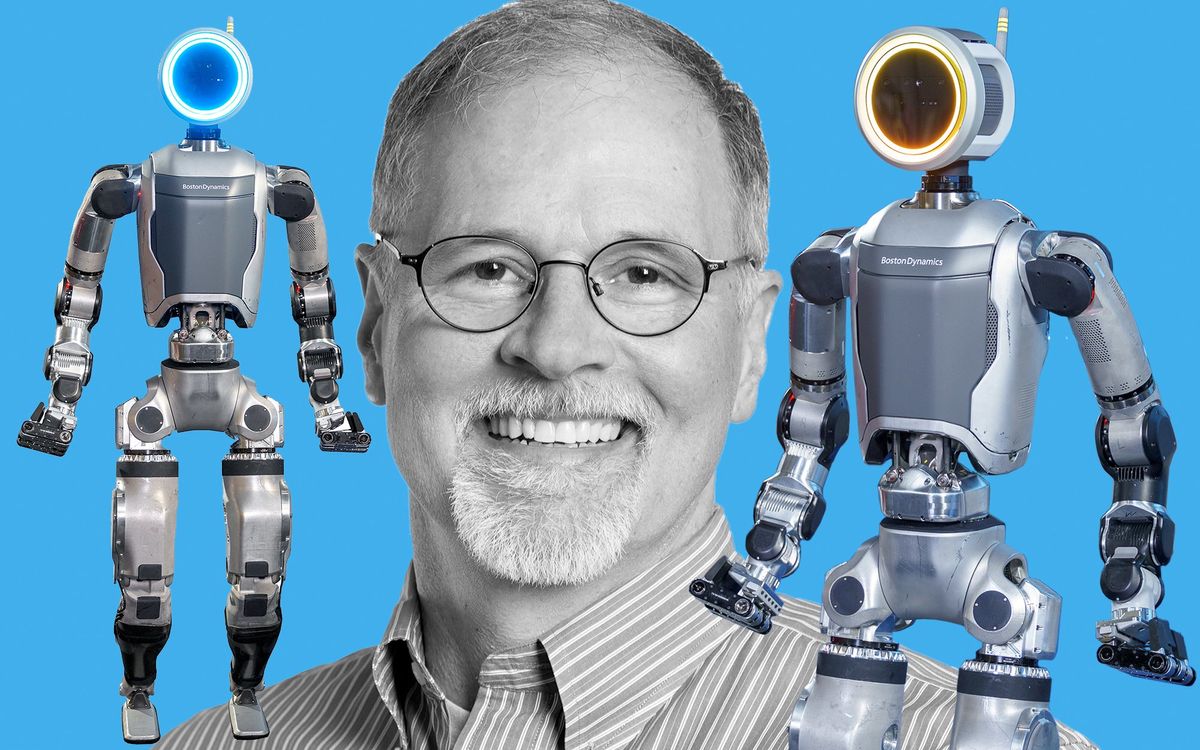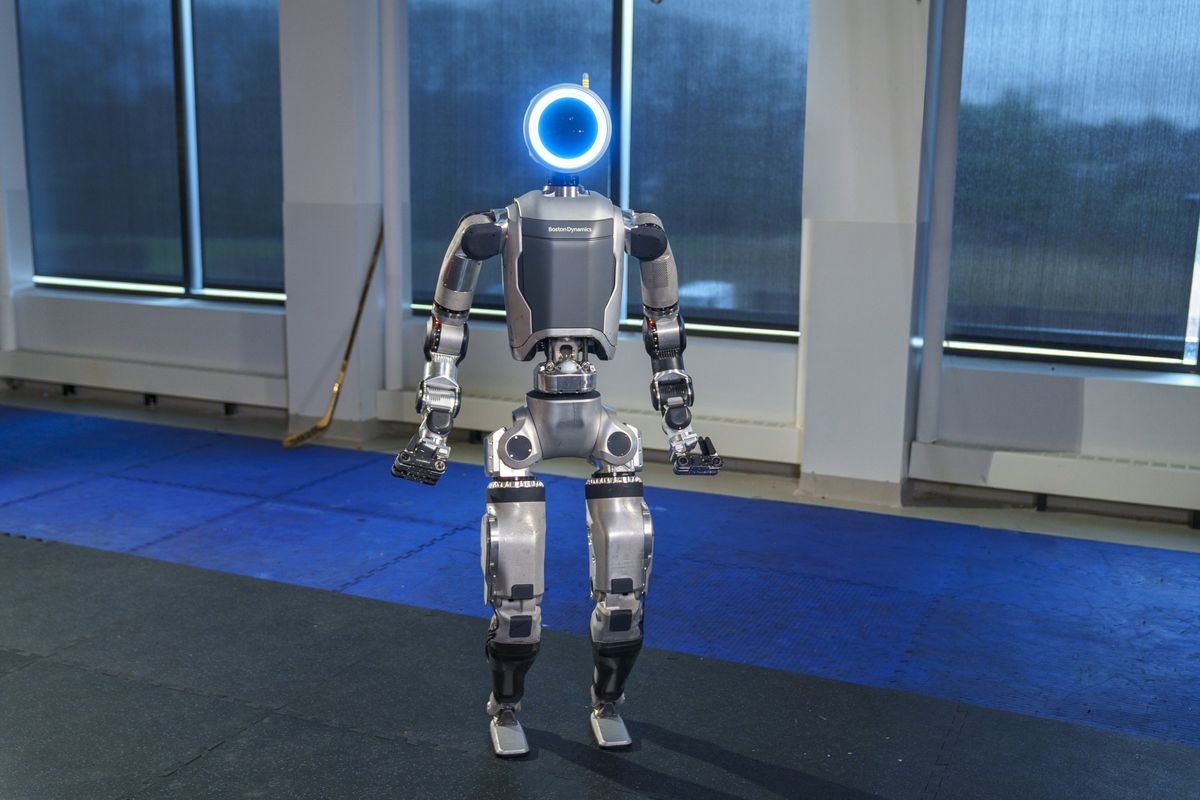Humans can breathe easier for now after four of the world’s best poker players held their own against the best artificial intelligence in no-limit Texas hold’em. The poker pros played a combined total of 80,000 hands with the computer program, named Claudico, during an intense two-week competition.
The "Brains Vs. Artificial Intelligence" was the first major battle between top human poker players and a computer program in heads-up (two-player) no-limit Texas hold’em, a version of poker that allows for unrestricted bet sizes. The human players held a $732 713 lead over Claudico by the end of the contest, which was held at the Rivers Casino in Pittsburgh. But considering that $170 million was bet, the humans’ edge was too small to translate into a statistically significant win over the computer program.

"We knew Claudico was the strongest computer poker program in the world, but we had no idea before this competition how it would fare against four Top 10 poker players," said Tuomas Sandholm, a professor of computer science at Carnegie Mellon University, in a press release. "It would have been no shame for Claudico to lose to a set of such talented pros, so even pulling off a statistical tie with them is a tremendous achievement."
The human players who participated in the competition rank among the world’s top 10 in heads-up, no-limit Texas hold’em. Bjorn Li came out ahead of Claudico by $529 033, followed by Doug Polk with $213 671, and Dong Kim with $70 491. Jason Les fell behind the AI by $80 482.
Sandholm and his colleagues who designed Claudico would have probably come out looking like winners in any case. They created Claudico as an improved version of a previous program, called Tartanian7, which had beaten all other artificial intelligence challengers in a previous no-limit Texas Hold’em contest during the Advancement of Artificial Intelligence’s Annual Computer Poker Competition last July. The computer scientists saw the competition against top human poker players as an unprecedented experiment to test Claudico’s capabilities.
"Beating humans isn't really our goal; it's just a milestone along the way," Sandholm said in the press release. "What we want to do is create an artificial intelligence that can help humans negotiate or make decisions in situations where they can't know all of the facts."
Still, the Carnegie Mellon team plans to use the 80 000 hands played with the poker pros to better train and test future computer programs. Sanholm said he was confident that artificial intelligence would soon be able to beat the best of what humanity has to offer.
Jeremy Hsu has been working as a science and technology journalist in New York City since 2008. He has written on subjects as diverse as supercomputing and wearable electronics for IEEE Spectrum. When he’s not trying to wrap his head around the latest quantum computing news for Spectrum, he also contributes to a variety of publications such as Scientific American, Discover, Popular Science, and others. He is a graduate of New York University’s Science, Health & Environmental Reporting Program.



